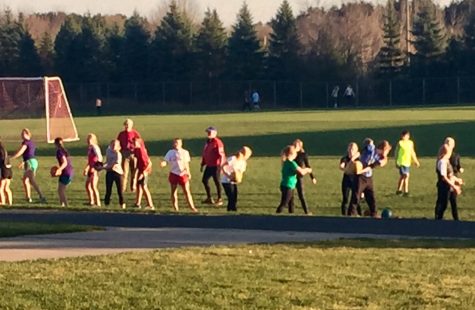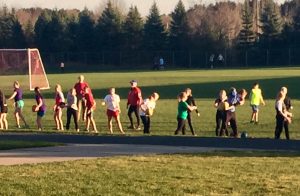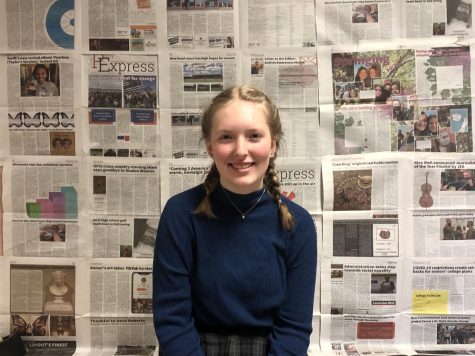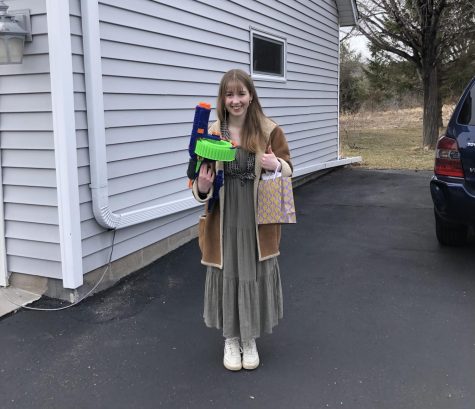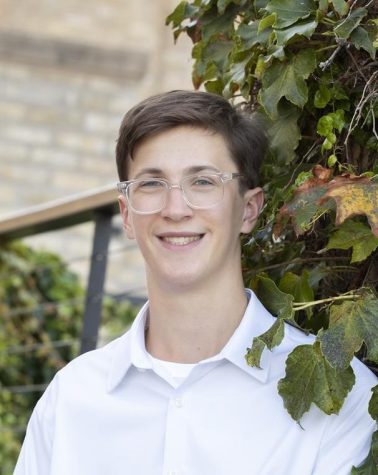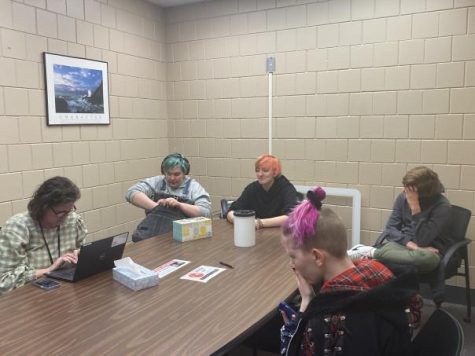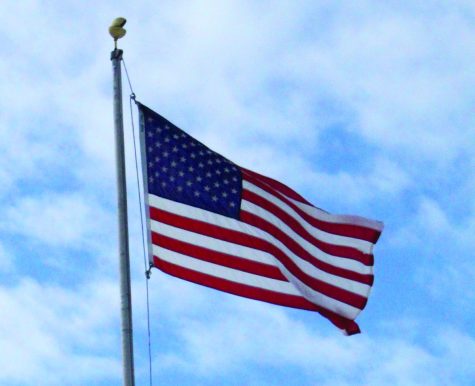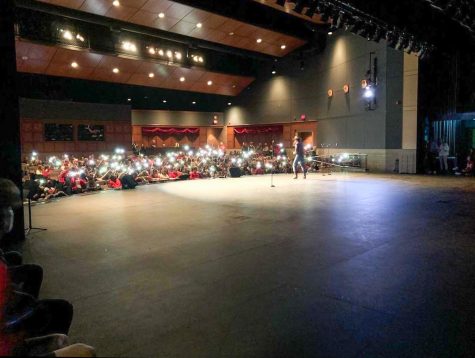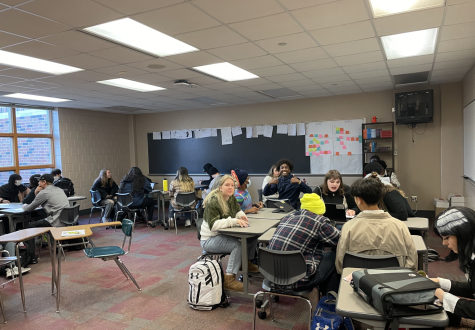Athletes take advantage of new NCAA rules
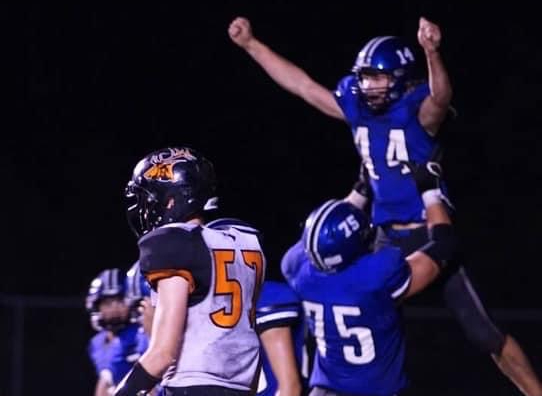
Photo submitted by Jon Hinzman
Hudson senior Carter Hinzman signed with The Ohio State to play football next year. He has a nil deal that comes with it. Athletes work hard for their sports and should have the chance to benefit from their hard work.
April 21, 2022
For years, college athletes have vied for the National Collegiate Athletic Association (NCAA), which regulates student athletes in North America, to allow athletes to be paid for the use of their name, image and likeness (nil) and endorsements.
Universities and colleges make millions off of their sports and athletes. State college coaches are some of the highest paid public employees in the country. As a result, students believe that they should have a chance to make a fraction of that while still in college.
“The university is making money off of you performing. In return, they’re getting their education free or partially free, but those probably aren’t balanced with the amount of money that the university is actually making,” health teacher Erin Nickleby explained.
Having this new opportunity in college sports, especially for women, could allow more women to continue with their sport. With most professional women athletes making far less than their male counter parts, having a chance to sign nil deals in college helps women stay in their sports longer. Women’s basketball is a good example of this, being one of the sports players get paid the most for their nil.
Women’s basketball has done a great job for marketing their athletes, helping them with their nil. The challenging part is how to get the athletes to go into the pro sports because of the option to make more money in college. It could entice people to stay in college longer, teacher Jon Hinzman explained.
If colleges are not set up to really educate and protect and guide. Absolutely, people can really get caught up in the wrong. It’s really important that they are intentional about understanding what kind of contracts are signed.
— Jon Hinzman
The NCAA has rules and regulations that go along with these new opportunities. Students cannot be paid by any groups or brands affiliated with their universities. Universities have to make sure that athletes contracts are legal and eligible within the NCAA, to make sure that athletes and colleges are being fair.
If colleges are not set up to educate and guide “people can really get caught up in the wrong,” Hinzman added. “It’s really important that they are intentional about understanding what kind of contracts are signed.”
Athletes at schools with larger followings, like University of Nortre Dame and The University of Alabama, and athletes that play positions that get more focus on like a quarterback verse a linebacker in football will affect how much a students is able to make. But students being able to make money while still in college opens many doors and possibilities.
“I think it’s a really unique opportunity right now. I think it’s very very new. So people don’t know a lot about it. They’re trying to learn about it. But they’re also trying to figure out what’s the best way to give kids the opportunity to be successful,” Hinzman explained.
There are some fears that because this is so new students could get caught up in the money making or be taken advantage of. Students transferring to colleges solely because they can make more money there or staying in college longer because of the money and not focusing on there education. Athletes making deals with shady groups and not thinking about their futures in or out of the sport.
“To a certain extent, it’s important to reward athletes for their accomplishments. But on the other hand, if they’re going to be on top, they also rack up a lot of money for their team, and that can create a certain bias towards that player. It can create unfairness on the playing field,” Ava Lipetzky, junior and Nordic skiing athlete, explained.
But even with all of that this has been a long time coming for athletes. If universities are making millions of dollars from their students’ abilities students should receive compensation for the time and effort they put in. Athletes could stay in their sports longer, achieving more goals, even helping to support themselves or families.



